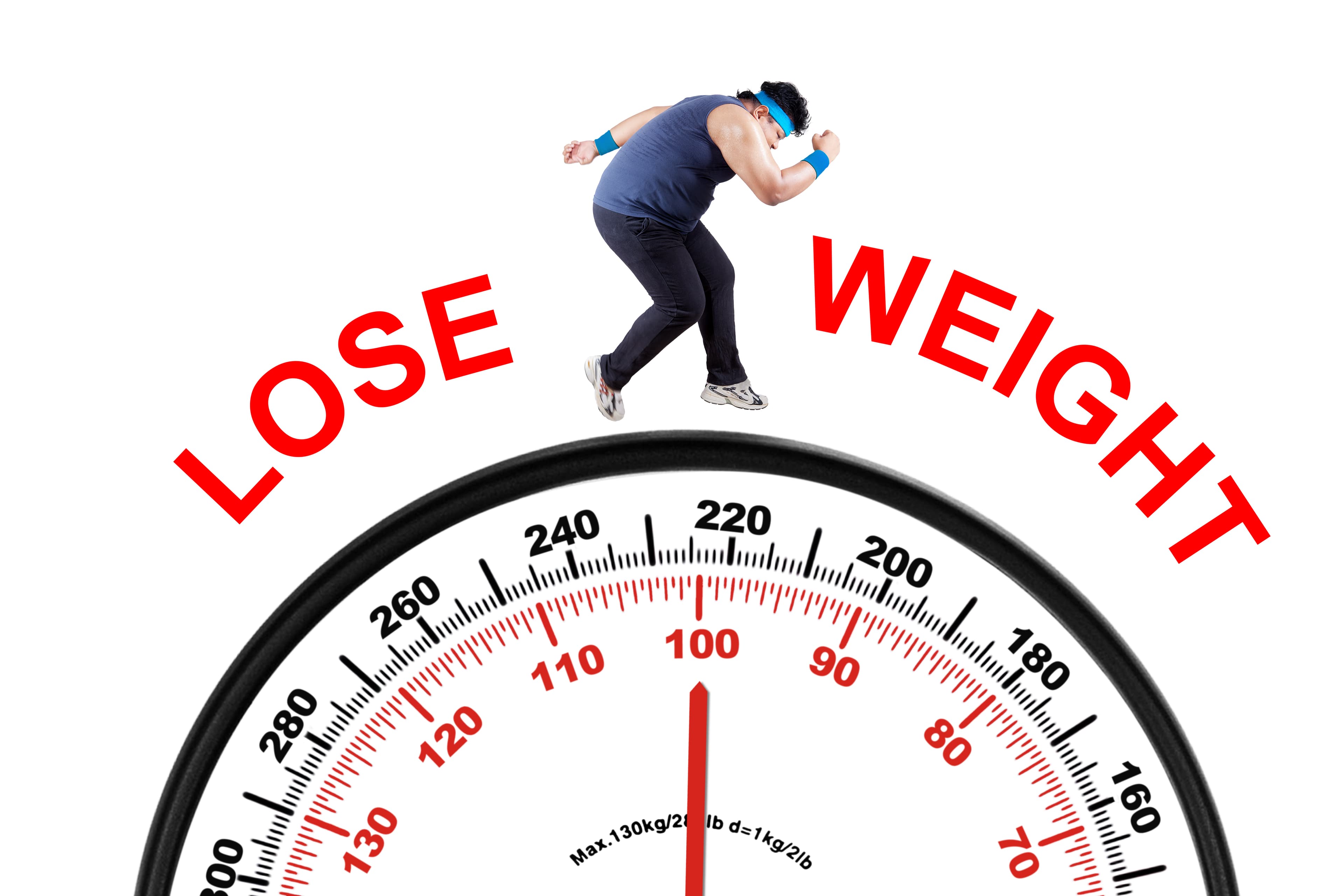How Many Calories Should I Burn Daily to Lose Weight?

MyFitnessCoach
December 6, 2024
Losing weight isn’t just about spending hours at the gym or starving yourself. It’s a science-driven approach that requires a balance between what you eat, how active you are, and understanding how your body works. A key factor in this weight-loss journey is determining how many calories you need to burn daily to achieve your goals. With clarity on this, you can make informed choices that help you reach your target weight more efficiently and sustainably.
The Science Behind Calorie Deficits
The foundation of weight loss is based on creating a calorie deficit. A pound of body fat roughly equates to 3,500 calories. Therefore, to lose one pound a week, you need to have a daily calorie deficit of about 500 calories. This can be done by either consuming fewer calories, increasing physical activity, or ideally, combining both.
For example:
- Eating 250 calories less per day and burning an additional 250 calories through exercise can create a 500-calorie deficit.
- Burning 500 calories solely through exercise or consuming 500 calories less without added activity can also work but might be more challenging to sustain.
Calculating Your Caloric Needs
To find out how many calories you should burn daily, you first need to calculate your Basal Metabolic Rate (BMR), which is the number of calories your body needs to maintain basic physiological functions at rest, like breathing and digestion. Here’s a simple way to calculate it using the Harris-Benedict formula:
- For men: BMR = 88.362 + (13.397 x weight in kg) + (4.799 x height in cm) - (5.677 x age)
- For women: BMR = 447.593 + (9.247 x weight in kg) + (3.098 x height in cm) - (4.330 x age)
Next, multiply your BMR by an activity factor to estimate your Total Daily Energy Expenditure (TDEE), which is the number of calories you need to maintain your current weight:
- Sedentary (little or no exercise): BMR x 1.2
- Lightly active (light exercise or sports 1-3 days a week): BMR x 1.375
- Moderately active (moderate exercise/sports 3-5 days a week): BMR x 1.55
- Very active (hard exercise/sports 6-7 days a week): BMR x 1.725
- Super active (very hard exercise, physical job, or intense training): BMR x 1.9
To lose weight, subtract 500 to 1,000 calories from your TDEE, but avoid going below 1,200 calories for women and 1,500 calories for men, as this can lead to nutrient deficiencies and fatigue.
How Many Calories Should You Burn to Lose Weight?
While creating a calorie deficit is the foundation of weight loss, burning calories specifically through exercise is highly effective for shedding pounds. But how many calories should you burn each day?
If your goal is to lose 1 pound per week, you should aim to burn approximately 500 calories daily, in addition to consuming fewer calories. However, this can vary depending on your body type, activity level, and lifestyle. Here’s a guide to help you estimate how much exercise you’ll need to burn those calories:
- Cardio Exercises: Running, cycling, and swimming are great calorie burners. Running at a 6 mph pace can burn around 600 calories per hour for someone who weighs around 155 pounds, while cycling at a moderate pace can burn about 500 calories per hour.
- Strength Training: Lifting weights builds muscle, which increases your metabolism over time, helping you burn more calories even at rest. A 45-minute strength training session can burn around 200-300 calories, but the afterburn effect, known as excess post-exercise oxygen consumption (EPOC), continues to burn calories even after the workout.
- High-Intensity Interval Training (HIIT): HIIT workouts are known for their efficiency in burning calories in a short amount of time. A 20-30 minute HIIT session can burn between 200-400 calories, depending on the intensity. HIIT workouts also provide a similar afterburn effect, making them a time-effective way to create a calorie deficit.
Factors That Affect How Many Calories You Burn
Every person is unique, and several factors affect how many calories you burn in a day:
- Weight: Heavier individuals tend to burn more calories than lighter individuals doing the same activity. This is because your body has to work harder to move more mass.
- Age: Metabolism slows down with age, so you may need to exercise more or eat less as you get older to achieve the same weight-loss results.
- Muscle Mass: Muscle burns more calories at rest than fat, so individuals with a higher percentage of muscle mass will have a higher metabolic rate.
- Intensity and Duration of Exercise: The harder and longer you work out, the more calories you burn. Higher intensity exercises burn more calories in a shorter period but may require more recovery time.
- Diet: While exercise is essential, your diet significantly influences your calorie intake and overall results. Consuming nutrient-dense foods that provide energy without excessive calories is vital for weight loss.
Healthy Weight Loss Tips
- Combine Diet and Exercise: To avoid feeling deprived, strike a balance between reducing calorie intake and increasing physical activity. This approach is not only more sustainable but also provides the best results.
- Stay Consistent: Weight loss is a journey that requires patience. Stay consistent with your calorie-burning exercises and dietary adjustments for long-term success.
- Choose Activities You Enjoy: Whether it’s dancing, swimming, or cycling, pick activities that you enjoy. Enjoying your workout increases the likelihood of sticking with it.
- Get Enough Sleep: Sleep plays a critical role in weight management. Poor sleep can affect hunger hormones, making it harder to maintain a calorie deficit.
- Stay Hydrated: Drinking enough water supports metabolism and can help curb appetite, making it easier to maintain a calorie deficit.
Achieve Your Weight Loss Goals with MyFitnessCoach
If you’re ready to kick-start your weight loss journey, the MyFitnessCoach app is here to support you every step of the way. With customized HIIT workouts designed to maximize calorie burn in the shortest amount of time, MyFitnessCoach helps you reach your goals faster and more efficiently. The app offers tailored workout routines based on your fitness level and goals, making it easy to stay on track.

Not only does MyFitnessCoach help you burn calories effectively, but it also offers guidance on balancing your diet and exercise routine to ensure sustainable results. With features like progress tracking and daily workout reminders, you’ll find staying consistent and motivated easier than ever. So whether you’re looking to burn 300 or 500 calories daily, MyFitnessCoach will guide you to success—step by step.
Take the first step today—download MyFitnessCoach and start burning calories smarter
Similar Articles
Stay informed with these similar articles.
%20(1)%20(1)%20(1)%20(3).webp&w=3840&q=75)
MyFitnessCoach
May 8, 2023
Delicious Fitness Meal Prep Recipes For A Healthy Lifestyle
Fitness is all about having a balance between workouts and an appropriate diet. Getting a proper nutritious meal is as important as doing a workout. Exercise and diet both go hand in hand. Hence, adding fitness meal prep recipes to your fitness routine is important to reach your goal. This article has articulated some delicious and healthy meal prep recipes for you. These recipes surely make your meal tasty as well as full of nutrients. Let’s wait no further and check them out.
.webp&w=3840&q=75)

MyFitnessCoach
March 5, 2025
Net Calories Meaning: A Simple Guide to Understanding Your Fitness Goals
When it comes to fitness and weight management, the term "net calories" is often thrown around. But what does it really mean? If you're trying to lose weight, gain muscle, or simply maintain your current physique, understanding net calories is crucial. In this article, we’ll break down the concept of net calories in simple words, explain how it impacts your fitness journey, and introduce you to a powerful tool—MyFitnessCoach—that can help you track and achieve your goals.
